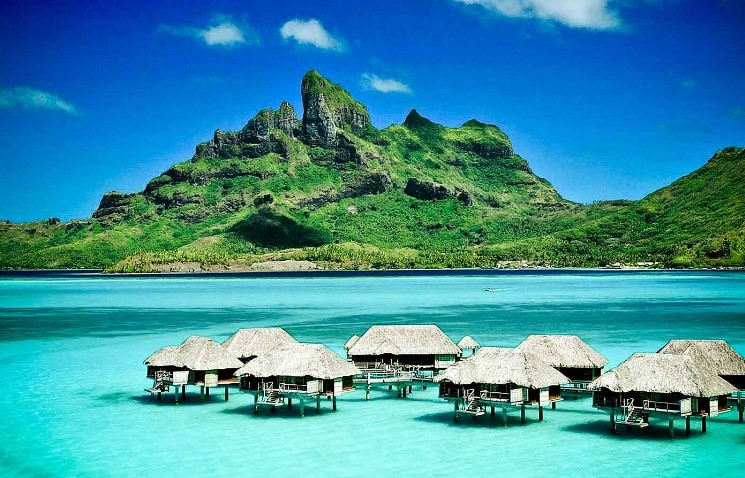HONOLULU (KHON2) – Visualize you’re a hotel employee, and a visitor asks you to advise “a superior seaside to go to as a family members.” If that visitor is wounded at the beach front you proposed, can you or the resort be held liable for those accidents? That’s what just one customer experimented with to prove in his lawsuit.
But a Hawaii court docket dominated that the Maui vacation resort wasn’t liable for the accidents he endured soon after he went to a beach front many miles away at their employee’s advice and became paralyzed.
The incident transpired in August 2012 when the visitor and his loved ones ended up vacationing on Maui. In reaction to his inquiry about a “good beach” they could take a look at, the lodge staff suggested Huge Seashore and offered driving directions, court files reported.
The customer and his family members then drove to Makena State Park — a condition-owned park — and parked in a great deal adjacent to Large Beach front where by they located on their own close to a lifeguard tower.
According to court paperwork, the walkway connecting the northernmost parking area with Large Seaside contained a lasting “Dangerous Shorebreak” indicator that mentioned “WARNING” in daring font earlier mentioned a pictogram of a individual upside-down soon after becoming tossed by a wave. Underneath the pictogram, it states, “Waves split in shallow h2o[.] Really serious injuries could take place, even in little surf[.] IF IN Question, Really do not GO OUT.”
There were being extra signs with crimson flags throughout the location. Lifeguards had been also building warning announcements on the general public-handle (PA) process throughout the working day, court document stated. The customer, however, claimed he did not remember listening to these announcements. He also could not recall looking at the warning indicators together the route, around the parking whole lot or on the beach front.
Courtroom documents said that the visitor waded into the h2o to sign up for his spouse and children, who entered before him. He bobbed in the waves for about 10 minutes in advance of determining to get out.
“As he started a half-stroll, 50 {6932ee47e64f4ce8eedbbd5224581f6531cba18a35225771c06e4f1b3f0d9667}-breaststroke to the shore, a breaking wave struck him from at the rear of, resulting in his head to strike the sandy base of the ocean,” courtroom documents reported.
The visitor’s neck hyperextended, resulting in long lasting paralysis.
Court documents reported the visitor submitted a 2nd amended grievance alleging he experienced a paralyzing injury because the lodge employee negligently advisable that seaside devoid of furnishing any warnings of ocean dangers. The hotel asserted that it had no obligation to alert him of the shorebreak simply because the seashore was situated miles away and was not affiliated with or below the management of the hotel. The lodge also reported there have been warning symptoms at the beach, and hence warned the customer of the risk he could deal with.
In accordance to court files, the customer also moved for summary judgment and argued:
- Innkeepers have an increased obligation to warn visitors of foreseeable potential risks irrespective of geographic spot.
- Even if the lodge did not have a obligation to alert, it assumed that obligation by negligently recommending Huge Beach to him.
- The shorebreak warning signals were being irrelevant beneath the specifics of this scenario.
The Circuit Court concluded that the resort “had no typical obligation to warn its attendees of potential risks properly beyond” the hotel’s attributes and turned down the visitor’s argument that the hotel assumed a obligation to alert by recommending the seaside considering the fact that the employee “made no representations or guarantees relating to basic safety.”
In addition, the Circuit Courtroom claimed that even if the resort experienced a duty to warn or assumed a duty to warn, “there can be no liability as a issue of law” because warnings were posted at Major Seaside on the working day in question, and those people warnings complied with HRS § 663-1.56.
The Circuit Court made its last judgment on Might 19, 2017. Hawaii’s Intermediate Court docket of Appeals upheld the dismissal of the scenario on March 31, 2022.




More Stories
Beach Volleyball falls to Long Beach State in Big West Championship
Hawaii’s Hill, Long Beach State’s Valenzuela eager to match wits
Hawaii blocks some Waikiki sands for seal pup